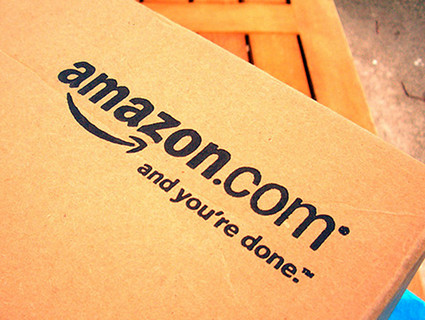
<a href="http://www.flickr.com/photos/44124348109@N01/5129303018/">jurvetson/Flickr</a>
If you missed Wired‘s recent cover interview with Amazon CEO Jeff Bezos, you should check it out. Reading it on a plane recently, I was interested in a) knowing how thoroughly he controls important internet things (and possibly soon space travel) and will eventually be low-paying abusive overlord of us all, and b) being reminded why people do not assign me things like interviews with Jeff Bezos. Interviewer Stephen Levy is an old pro, and handled Bezos’ comments with a good deal more class than I would have mustered. Below, some of Bezos’ quotes to Wired and the responses I was hollering in my head while reading them:
Bezos: For your typical consumer book—I’m not talking about textbooks or anything specialized—$9.99 is really the highest price that’s reasonable for customers to pay.
McClelland: A good sandwich costs $7.99. Don’t you think my deli puts considerably less skill, time, and resources into making egg salad and prosciutto than an author puts into a decent book?
Bezos: We like [Zappos’] unique culture [of “happiness and customer service”], but we don’t want that culture at Amazon. We like our culture, too. Our version of a perfect customer experience is one in which our customer doesn’t want to talk to us. Every time a customer contacts us, we see it as a defect.
McClelland: That makes you sound like a total sociopath.
Bezos, on why he aggressively opposes state sales tax: There are five states where we collect sales tax. We do great in those states. That’s not what this is about. We want federal legislation. That’s what we’ve been working on. And I think we can get that done this year.
McClelland: Oh good. We definitely need more CEOs posting billions in profits and not contributing to the societies that help them make it in any way, except donating $42 million to a foundation building a clock that will last for 10,000 years.
















